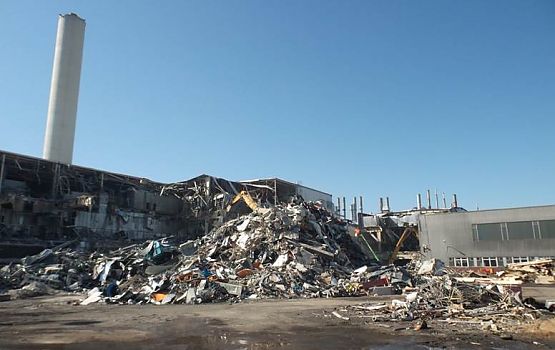Transformative Governance and Participation
From a political-institutional perspective, the rescaling of statehood and of economic and societal fields of activity as well as the shift in power resources of actors demand a renegotiation of regulative arrangements on the level of metropolitan spaces. In this process, networks and fields of activity are formed, which vary in duration and spatial efficacy. A mix of formal and informal control mechanisms is produced within established as well as recent control systems and in combination with multi-level systems.


Forschungsfragen
- What ramifications ensue from the rescaling of arenas of political action and of global socio-economic restructuring processes for the planning-related and administrative steering of these spaces?
- How can one combine – as the WGBU (The Scientific Advisory Council on Global Change) demands in their 2016 report on the transformative force of cities – the goals of the preservation of natural resources, of universal participation and of thr idiosyncrasies of cities as a “Normative Compass for the Transition to Sustainability”?
- How can governance concepts implement the demand for integrative and participatory concepts in the development of resilient and fair cities?
- How can transformative governance improve the capacity to develop regional initiatives that can keep up with the continuous change of a complex social environment?
For further information or if you are interested in collaborating with the research field Transformative Governance and Participation, please feel free to contact our coordination office: metropolenforschung_at_uaruhr.de